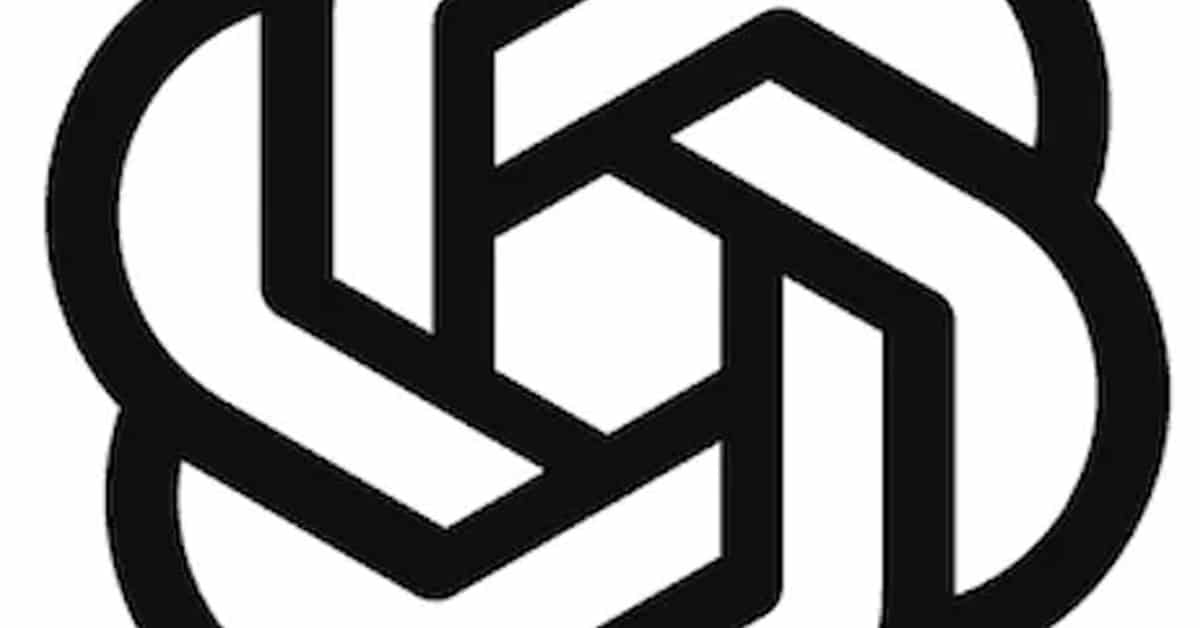After I first used ChatGPT in January of 2023, I sent a simple text:

For those of you who are not familiar, OpenAI’s ChatGPT is a form of artificial intelligence that relies on natural language processing in a typed format. Basically, you can converse with this chatbot to learn more about a variety of different subjects.
As a practicing psychotherapist, I have since changed my perspective on the technology. My clients are increasingly bringing their experiences with ChatGPT to session. As the tool grows in popularity, people are using it to help them make decisions in their lives both personally and professionally. I question the authenticity of these decisions that my clients are making while using ChatGPT. I am curious about the ethics of decision-making with an artifcial intelligence aide.
They’re relying on the tool for anything from questions about interior decor to fundamental religious doctrine.
When I discovered someone I worked with was using ChatGPT to reply to all her text message exchanges with friends and family, however, I felt concerned. That’s a capability Google never had — that’s admittedly unfamiliar.
As clients increasingly bring their experiences with OpenAI’s ChatGPT to the therapy room, I remain cautiously optimistic we will learn to leverage AI for social good, but let’s start with authenticity. Asking ourselves the hardest question: “is this me?”
Let’s review how it might come up:
1.You’re having trouble finishing an assignment for school; it’s late. You copy and paste an answer to the question from ChatGPT without citing your source.
Now, what’s the answer to that question: “is this me?”
2.You feel conflicted about a new friendship and are considering letting it fade by coming across as increasingly inaccesible. You ask ChatGPT for advice, to which it responds with a very long-winded way of saying ‘be amicable’:
Having a conversation with the person and expressing your feelings in a kind and respectful manner can help clarify your thoughts and avoid misunderstandings. It allows both parties to understand each other’s perspectives and potentially find a resolution that works for both of you.
Now, what’s the answer to that question: “is this me?”
3.You’re having trouble with a supervisor at work. They’ve put you on a performance improvement plan with emails flagged as a key area for improvement. You decide to consult ChatGPT every time you notice a work email in your inbox and use its recommendations to respond back. Your performance improves in the email category and you keep your job.
Now, what’s the answer to that question: “is this me?”
Obviously the answer to this question is complicated and ChatGPT has its limitations. You want to know what to wear outside today so you decide to ask ChatGPT about the weather. When you ask, however, the prompt response shows ChatGPT is no good for anything that comes after 2021.
As a result, you turn to Google, ask your question, and pick out a raincoat to weather the storm that’s anticipated to come. Google is a search engine — it provides you with various sources of information. ChatGPT is an artificial intelligence system — it has a conversation with you. The initial text I sent out after using ChatGPT in January was misguided. ChatGPT is not the new Google — it’s entirely different.
Here’s a text I sent out more recently about ChatGPT:

It will be interesting to see what happens now that OpenAI released ChatGPT for iOS users. Time will only tell its impact.
Keep Reading
Want more? Here are some other blog posts you might be interested in.







